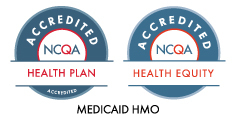Respiratory syncytial virus (RSV) can cause a variety of respiratory illnesses in infants and young children. It most commonly causes a cold-like illness but can also cause lower respiratory infections like bronchiolitis and pneumonia.
Palivizumab (Synagis) is a monoclonal antibody recommended by the American Academy of Pediatrics (AAP). It is recommended for high-risk infants and young children, based on gestational age and certain underlying conditions.
Palivizumab 15mg/kg is administered intramuscularly once per month for a maximum of five doses from November through March, the peak RSV months. Palivizumab is not effective for the treatment of RSV disease.
The Alliance’s utilization criteria follows the current AAP recommendations. The Alliance will cover palivizumab for members who meet the requirements outlined in our health policy.
Please note: For nirsevimab (Beyfortus), see our policy.
| Conditions for using palivizumab (Synagis) | |
|---|---|
Age 0 to 12 months at RSV season onset
|
Age 12 to <24 months at RSV season onset
|
Considerations when administering palivizumab versus nirsevimab for high-risk infants
- If nirsevimab is administered, palivizumab should not be administered later that season.
- If palivizumab was administered initially for the season and under five doses were administered:
- The infant should receive one dose of nirsevimab.
- No further palivizumab should be administered.
- Because protection from palivizumab wanes after 30 days, nirsevimab should be administered no later than 30 days after the last palivizumab dose, when possible. There is no minimum interval between the last dose of palivizumab and the dose of nirsevimab.
- If palivizumab was administered in season one and the child is eligible for RSV prophylaxis in season two, the child should receive nirsevimab in season two, if available. If nirsevimab is not available, palivizumab should be administered as previously recommended by AAP.
Alliance authorization for palivizumab billed as a medical claim
For providers who wish to bill the Alliance as a medical claim using a HCPCS code or “buy and bill,” please:
- Submit a prior authorization request. You can submit this request via the Alliance Provider Portal or by fax to 831-430-5851.
- Submit a Synagis Statement of Medical Necessity Form.
Medi-Cal Rx authorization for palivizumab billed as a pharmacy claim
Prescriptions that are filled at a pharmacy are covered by Medi-Cal Rx, not the Alliance. For more information on billing and prior authorization requests, please refer to the Medi-Cal Rx website.
Thank you for caring for young, at-risk infants. If you have any questions about palivizumab recommendations, please call the Alliance Pharmacy Department at 831-430-5507.



